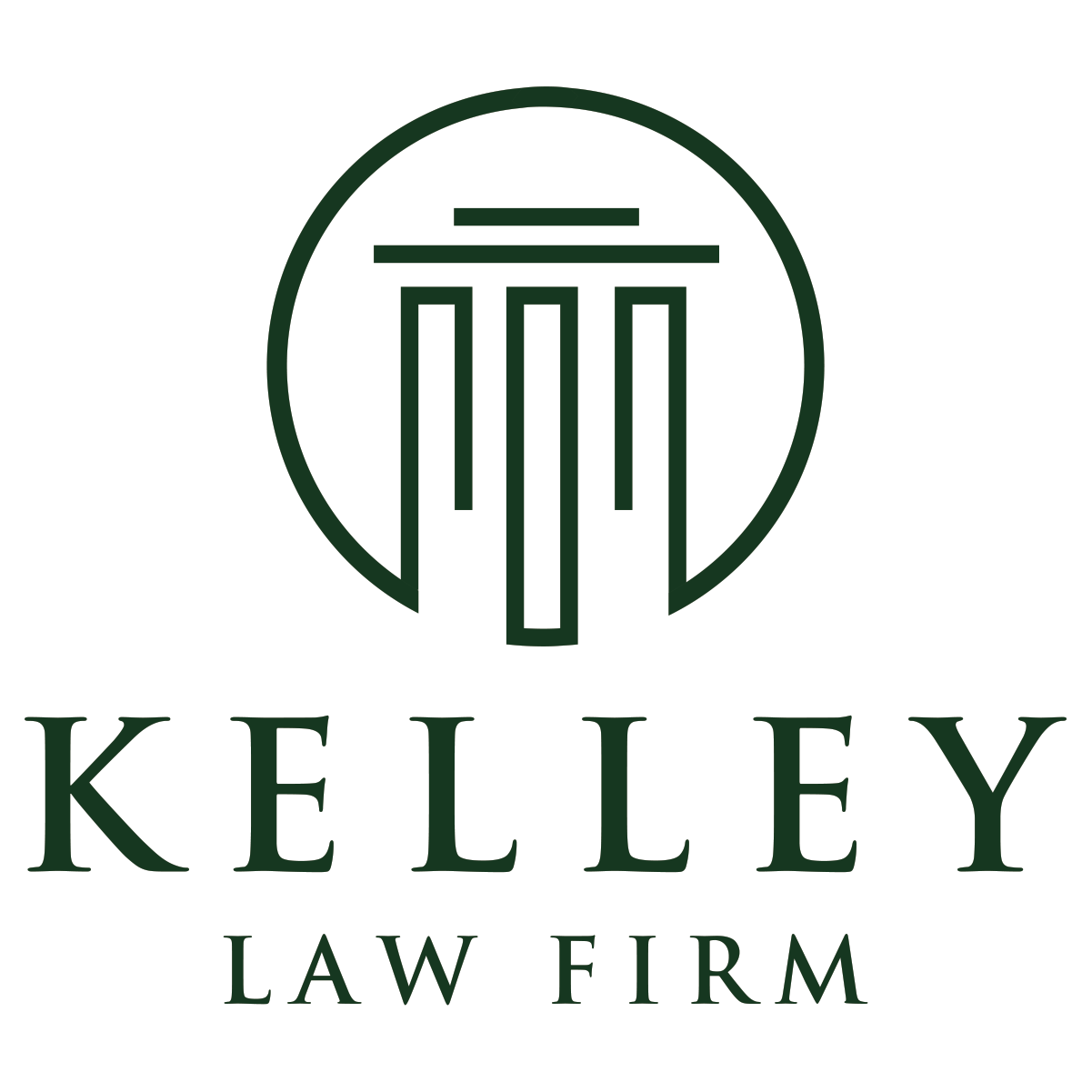The Role of Digital Assets in Modern Estate Planning
Ensuring Access to Your Digital Memories: Estate Planning for the Modern Age

In today's digital age, estate planning has expanded far beyond physical assets like real estate and bank accounts. Increasingly, digital assets—including online accounts, social media profiles, cryptocurrencies, and cloud-stored memories—are becoming a critical part of comprehensive estate planning. Whether you're in Prairie Village, Kansas, the Kansas City Metro Area, or anywhere in Kansas and Missouri, it's essential to understand how to manage and protect these digital assets.
What Are Digital Assets?
Digital assets include any content stored electronically, whether on your computer, in the cloud, or online platforms. Some common examples include:
- Email accounts (Gmail, Outlook)
- Social media profiles (Facebook, Instagram, LinkedIn)
- Online banking and investment accounts
- Cryptocurrency wallets (Bitcoin, Ethereum)
- Digital photos and videos stored on iCloud or Google Photos
- Domain names and websites
- Subscription services (Netflix, Spotify)
Each of these assets holds not only personal and financial value but also sentimental importance. Without proper planning, your loved ones may lose access to these critical accounts.
Why Digital Assets Matter in Estate Planning
Digital assets are often protected by strict privacy policies. In many cases, family members cannot simply log into your accounts after you pass away. One real-world example from my practice involved a probate case where we had to petition the probate court to give the personal representative access to an Apple account. The decedent had thousands of pictures and videos of the personal representative's grandchildren stored in iCloud. Because digital assets were not properly accounted for in the estate plan, the family had to go through the time, effort, and expense of petitioning the probate court—a process that could have been entirely avoided with proper planning. Luckily, we were able to achieve a favorable result, but this scenerio highlights the need to account for digital assets in an Estate Plan.
Key Steps to Protect Your Digital Legacy
Here are the essential steps to ensure your digital assets are protected:
1. Create an Inventory of Digital Assets
Make a comprehensive list of all your digital assets, including usernames, passwords, and security questions. This should also include:
- Two-factor authentication codes
- Recovery emails or phone numbers
- Backup email accounts
2. Designate a Digital Executor
In Kansas and Missouri, you can designate a Digital Executor to manage your online accounts. This individual will be responsible for handling your digital assets after you pass away. Although not legally recognized in all states, this role can be specified in your estate plan.
3. Include Digital Assets in Your Estate Plan
Work with an estate planning attorney in Prairie Village or Kansas City to include your digital assets in your will or trust. Clearly outline who should have access to your online accounts and digital memories.
4. Utilize Online Tools
Many platforms, such as Google and Facebook, allow you to assign legacy contacts or set up inactive account managers. This helps streamline access to your accounts if something happens to you.
5. Regularly Update Your Information
As you change passwords or open new accounts, make sure your digital asset inventory is up to date. This prevents family members from being locked out of crucial memories or financial accounts.
Avoid the Pitfalls of Digital Estate Planning
Just as you wouldn’t leave your home or car out of your estate plan, don’t forget your digital assets. Working with a trusted estate planning attorney in Prairie Village, KS or the Kansas City Metro Area can help ensure all aspects of your estate are covered.
Ready to secure your digital legacy? Contact us today to schedule a consultation and make sure your online memories and accounts are protected.


